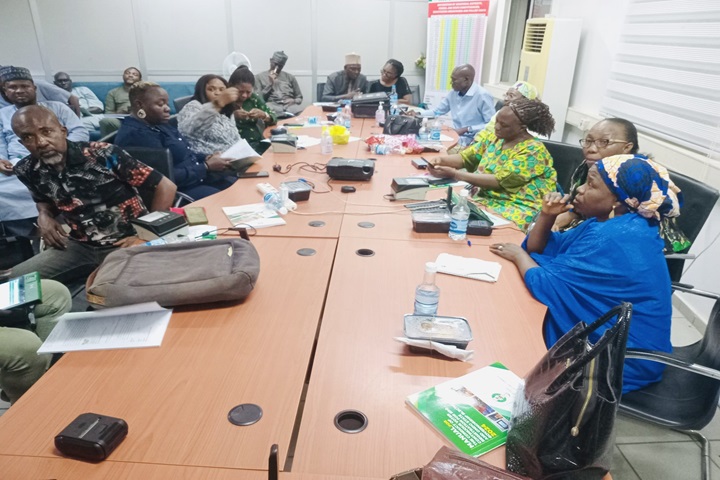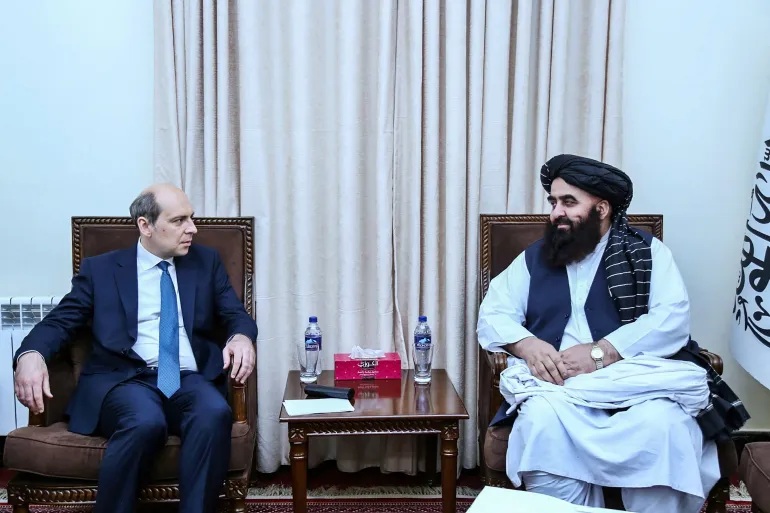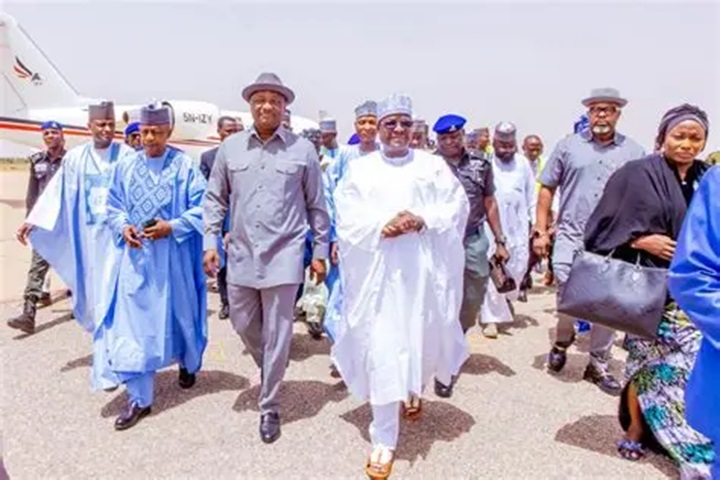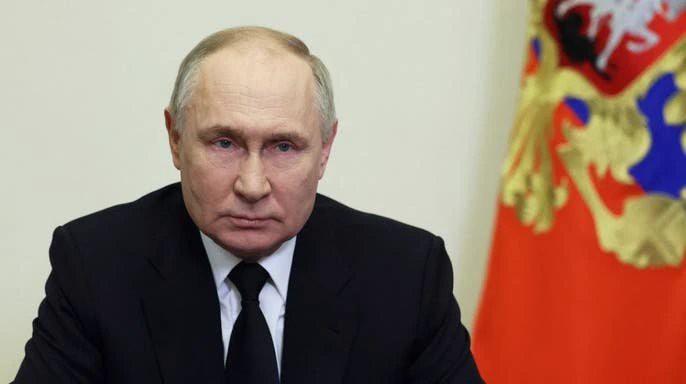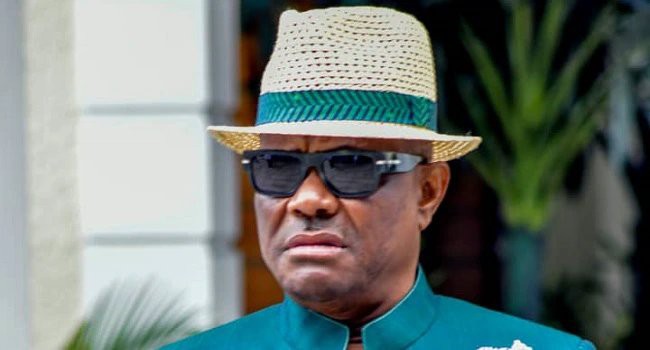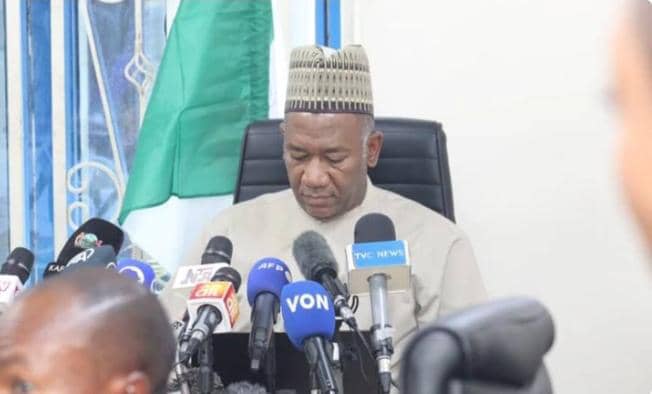Editorial
The Traditional Igbo Calendar System and it’s Sociocultural Relevance

The Igbo calendar (Igbo: Ògụ́àfọ̀ )is the traditional calendar system of the Igbos. The calendar has 13 months in a year (afo), 7 weeks in a month (onwa), and 4 days of Igbo market days (Afor, Nkwo, Eke, and Orie) in a week (izu) plus an extra day at the end of the year, in the last month. The name of these months was reported by Onwuejeogwu (1981).
Although worship and spirit honoring was a very big part in the creation and development of the Igbo calendar system, commerce also played a major role in creating the Igbo calendar. This was emphasized in Igbo mythology itself. An example of this is the Igbo market days of which each community has a day assigned to open its markets.
Some Igbo communities have tried to adjust the thirteen month calendar to twelve months, in line with the Gregorian calendar.
The calendar is neither universal nor synchronized, so various groups will be at different stages of the week, or even year. Nonetheless the four-eight day cycle serves to synchronize the inter-village market days, and substantial parts (for example the Kingdom of Nri) do share the same year-start.
Market days
Igbos generally have four market days, namely: Eke, Orie, Afor and Nkwo.
In various parts of Igboland, each community has a market named after the aforementioned four market days, e.g., Ǹkwọ Achara in Uturu.
In the traditional Igbo calendar a week (Igbo: Izu) has 4 days. (Eke, Orie, Afọ, Nkwọ), seven weeks make one month, a month has 28 days and there are 13 months a year. In the last month, an extra day is added.The traditional time keepers in Igboland are the priests or Dibia.
Months in Igbo and it’s Gregorian calendar equivalent
1: Ọnwa Mbụ (February–March)
2: Ọnwa Abụo (March–April)
3: Ọnwa Ife Eke (April–May)
4: Ọnwa Anọ (May–June)
5: Ọnwa Agwụ (June–July)
6: Ọnwa Ifejiọkụ (July–August)
7: Ọnwa Alọm Chi (August to early September)
8: Ọnwa Ilo Mmụọ (Late September)
9: Ọnwa Ana (October)
10: Ọnwa Okike (Early November)
11: Ọnwa Ajana (Late November)
12: Ọnwa Ede Ajana (Late November to December)
13: Ọnwa Ụzọ Alụsị (January to early February)
The Igbo calendar is not universal, and is described as “not something written down and followed … rather it is observed in the mind of the people.
Newborn babies are sometimes named after the day they were born on, though this is no longer commonly used. Names such as Mgbeke, Mgborie,Nwankwo, Nweke And Nwafo.
Igbo Months and Meanings:
The following months are in reference to the Nri-Igbo calendar of the Nri kingdom which may differ from other Igbo calendars in terms of naming, rituals, and ceremonies surrounding the months.
Ọnwa Mbụ
The first month starts from the third week of February making it the Igbo new year. The Nri-Igbo calendar year corresponding to the Gregorian year of 2012 was initially slated to begin with the annual year-counting festival known as Igu Aro on February 18 (an Nkwọ day on the third week of February). The Igu Aro festival which was held in March marked the lunar year as the 1013th recorded year of the Nri calendar.
Ọnwa Abụo
This month is dedicated to cleaning and farming.
Ọnwa Ife Eke
Is described as the fasting period, usually known as “Ugani” in Igbo meaning ‘hunger period’. It is the period in which all must fast in sacrificial harmony to the goddess Ani of the Earth. Many communities host competitive wrestling events in this month as it is dedicated to finding one’s Ikenga through conquering personal and communal struggle.
Ọnwa Anọ
Ọnwa Anọ is when the planting of seed yams start. In many communities this is the month of the Ekeleke dance festival which emphasizes optimism, sustaining your belief in God through hardships and the coming of better days.
Ọnwa Agwụ
Ịgọchi na mmanwụ come out in this month which are adult masquerades. Ọnwa Agwu is the traditional start of the year. The Arusi Agwu, after which the month is named, is venerated by the Dibia (priests), by whom Agwu is specifically worshipped, in this month.
Ọnwa Ifejiọkụ
This month is dedicated to the yam deity ifejioku and Njoku Ji and yam rituals are performed in this month for the New Yam Festival.
Ọnwa Alọm Chi
This month sees the harvesting of the yam. This month is also a time of prayer and meditation for women. The Alom Chi is a shrine or memorial a woman builds in honor of her ancestors. This month is dedicated to reconnecting with the ancestors by breaking kola and holding communion with them. Onwa Alom Chi is also dedicated to venerating mothers and motherhood, honoring womenhood, remembering ones ‘first mother’ (the woman which all of humanity and creation comes from) as well as connecting one’s children, including those that are yet to be born.
Ọnwa Ilo Mmụọ
A festival called Önwa Asatọ (Igbo: Eighth Month) is held in this month.
Ọnwa Ana
Ana (or Ala or Ani) is the Igbo earth goddess and rituals for this deity commence in this month, hence it is named after her.
Ọnwa Okike
Okike ritual takes place in this month.
Ọnwa Ajana
Okike ritual also takes place in Ọnwa Ajana.
Ọnwa Ede Ajana
Ritual Ends
Ọnwa Ụzọ Arụsị
The last month sees the offering to the Alusi.
Festivals
Two major festivals are the new year festival (Igu Aro), due around 18 February, the planting season when the king, the Eze Nri in the Nri area, tells the Igbo to go and sow their seed after the next rainfall, and the Harvest festival (Emume Ọnwa-asatọ) in the eighth month.
The Nri-Igbo yearly counting festival known as Igu Aro marked 10 March 2012 as the beginning of the 1013th year of the Nri calendar. The festival was delayed due to other events.
Imöka is celebrated on the 20th day of the second month.
For Diaspora Digital Media Updates click on Whatsapp, or Telegram. For eyewitness accounts/ reports/ articles, write to: citizenreports@diasporadigitalmedia.com. Follow us on X (Fomerly Twitter) or Facebook



